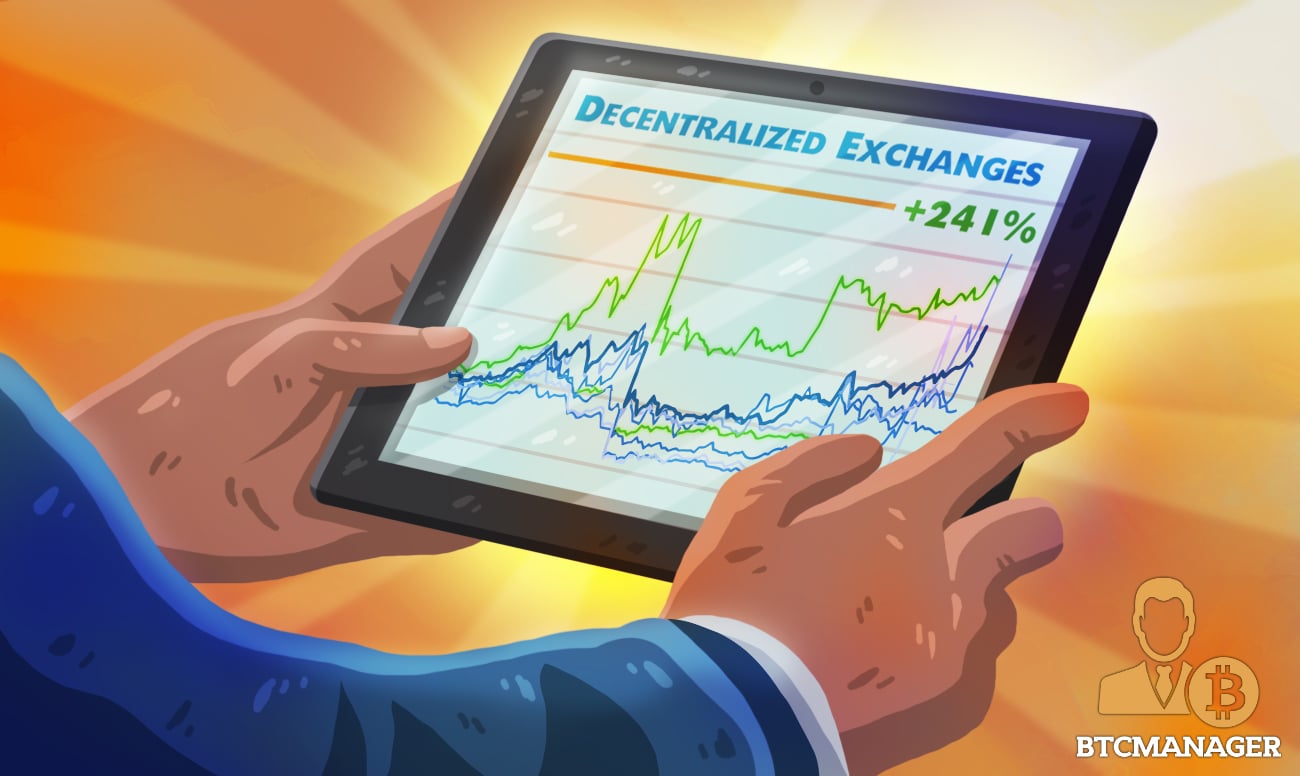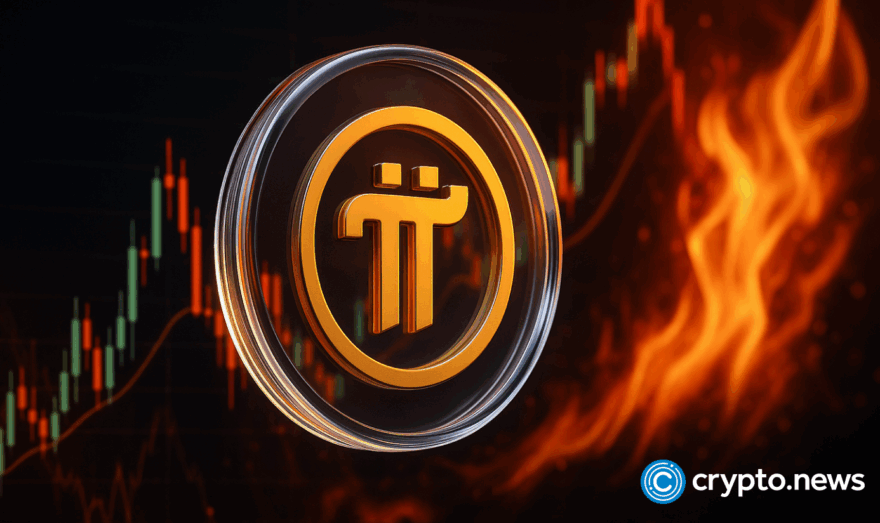DEX Tokens Providing Greater Yields than CEX Coins in 2020

Native tokens of decentralized exchanges (DEX) are yielding greater returns than their centralized counterparts. This massive price gains from DEX coins comes as the trading volume on decentralized crypto bourses crossed the $3B mark for the year, far outstripping the figures recorded in 2019.
DEX Coins Outperforming their CEX Counterparts
According to a report by Messari — a crypto analytics platform — the average price gain for DEX tokens year-to-date is more than 400% than their centralized exchange (CEX) token counterparts. This massive gulf in the returns from DEX tokens against CEX coins likely solidifies the argument that decentralized crypto bourses are seeing increasing utility as traders crave broader exposure to the wider cryptocurrency market.
Data from Messari’s report shows Kyber Network (KNC) being the best performing crypto exchange token in the market. As of the time of writing, KNC is up by 550 percent year-to-date (YTD), with a price increase of 28 percent over the last 24 hours.
Apart from KNC, other DEX tokens like Loopring (LRC), AirSwap (AST), and IDEX (IDEX) have gained 385 percent, 270 percent, and 270 percent respectively since the start of 2020.
Even Bancor (BNT) and 0x (ZRX) have posted 226 percent and 116 percent each since 2020. In total, Messari reports that DEX coins have on average, gained more than 240% YTD.
The data also showed the YTD price performance of various CEX tokens. The Houbi (HT) coin is looking to recover from the March 12 Black Thursday price crash, with the token almost twice its 2020 starting price. Other CEX tokens like Bitfiniex (LEO) and FTX’s FTT have gained over 50 percent so far in 2020.
DEX Usage Gaining Momentum
Although centralized cryptocurrency exchanges are still ahead of decentralized crypto exchange platforms in terms of growth and trading volume, the latter is gradually gaining momentum as more crypto traders are turning to DEX platforms.
Part of this emerging pivot appears down to the prevalence of stricter crypto trading regulations which mainly affect centralized platforms. In 2019, some crypto bourses in the U.S. had to geofence certain altcoin trading pairs or create separate exchange services for their users Stateside.
As reported by BTCManager in March 2020, DEX trading volume set a new all-time high (ATH) in February 2020 when it increased by 62 percent. A similar report back in November 2019 stated that trading volume on decentralized exchanges skyrocketed, with data showing over $75 million traded in one week.













